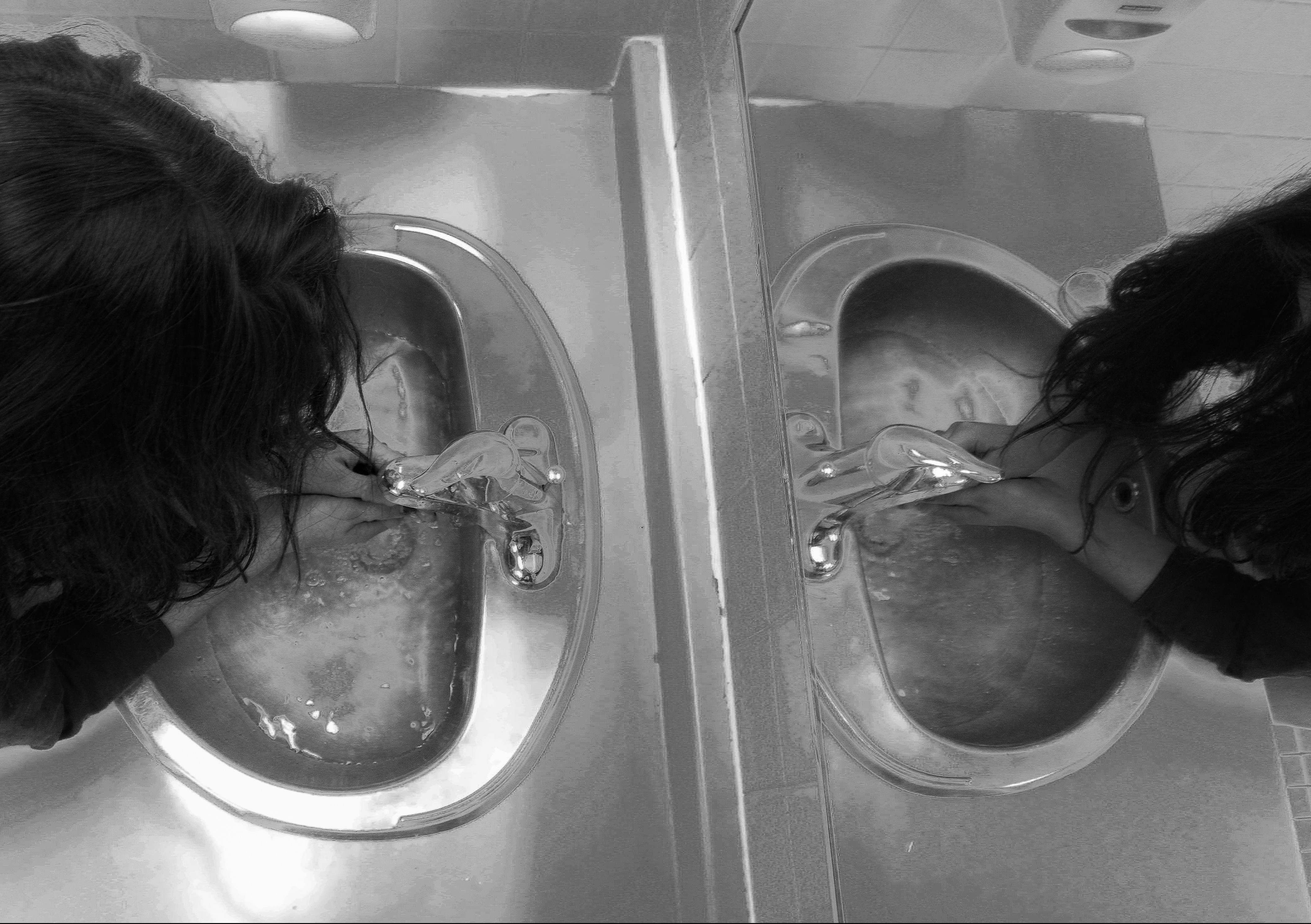On October 7, 2020, the Acadia Senate officially adopted a new, more generous scale for converting academic percentages to letter grades. It will take effect on July 1. The previous official scale converted percentages of 87-93 to a grade of ‘A’ and percentages of 94-100 to ‘A+’. The newly adopted scale converts 85-89 to ‘A’ and 90-100 to ‘A+’. So as of July 1, it will suddenly become somewhat easier to earn an ‘A’ at Acadia and much easier to earn an ‘A+’. How fair is that to the thousands of Acadia students who earned all their grades under the harder scale?
A retired professor recently told me that he had never awarded a course grade of ‘A+’ in his multiple decades of teaching here. Much to my surprise, he said that no student had ever performed at a level that he would have judged to be 94 percent or better. So no ‘A+’ course grades ever came from him. But if ‘A+’ had started at 90 percent, then who knows how many of those grades he would have awarded?
In addition, the Senate recently changed the GPA scale used at Acadia. The previous scale converted a grade of ‘A+’ to a GPA of 4.00. The new one converts it to a GPA of 4.33. So just a couple of years ago, students who earned a percentage of 90 in all their courses would receive an ‘A’ in those courses and a GPA of 4.00. As of July 1, the same level of performance will give them all grades of ‘A+’ and a GPA of 4.33.
Likewise, students who earned a percentage of 85 in all their courses just two years ago would receive a grade of ‘A–’ in those courses and a GPA of 3.67. As of July 1, the same level of performance will give them an ‘A’ in every course and a GPA of 4.00. They will have done work no better than the work of previous students. It will only look as if they did.
I know I will have to keep all of this in mind when I compare students enrolled today with those who graduated just two years ago – the sort of comparison that professors are often asked to include in letters of recommendation, for instance. The gap between appearance and reality at Acadia seems to be widening, and we will need to take measures to compensate for it.





